Teens often get pimples during puberty, and it’s pretty normal. In the past, people didn’t realize how much it could bother teens. Now we know that acne can affect how teens feel about themselves and how they do in school. It can also cause emotional scars. If acne sticks around, it can mess with a teen’s emotions even more. But the good news is, there are lots of easy ways to deal with teen acne.
Do Choose a Mild Cleanser and Warm Water
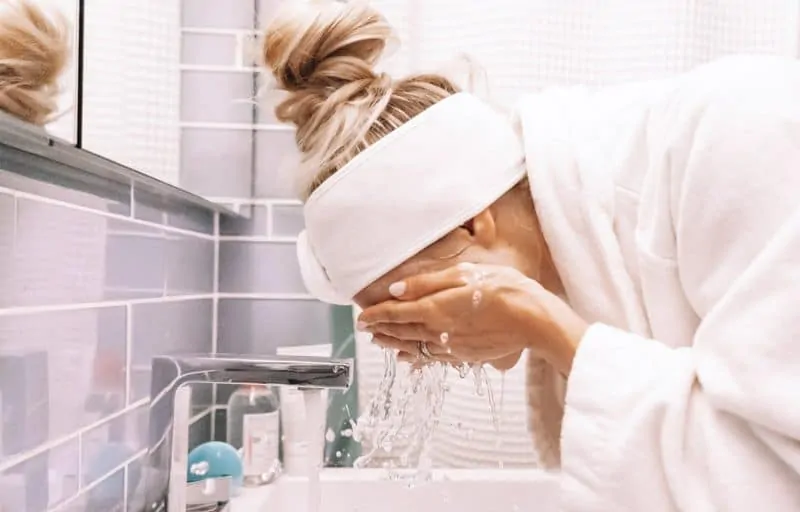
Use a mild cleanser like Cetaphil, Cerave, or Dove to avoid drying out your skin. Gently wash your face with your fingertips, not a washcloth. Do it just once in the morning and once at night – no need to overdo it. Teen acne isn’t because your face is dirty, so don’t wash too much; it can make pimples worse. Use warm water, not cold or hot. Keep it simple!
Don’t Use Over-the-Counter Medication Alone to Treat Severe Acne
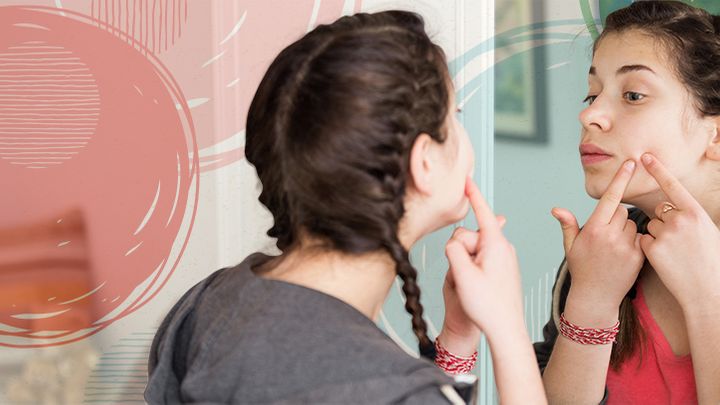
Pimples take a few weeks to heal with medication. For mild acne, use creams. Severe cases may need pills like antibiotics or isotretinoin. Consult your dermatologist to find the right medication. Follow their instructions; don’t mix it with over-the-counter treatments. Keeping a healthy skin balance is crucial, and more treatments aren’t always better, says Dr. Brantley.
Do Moisturize Daily With Oil-Free and Noncomedogenic Products
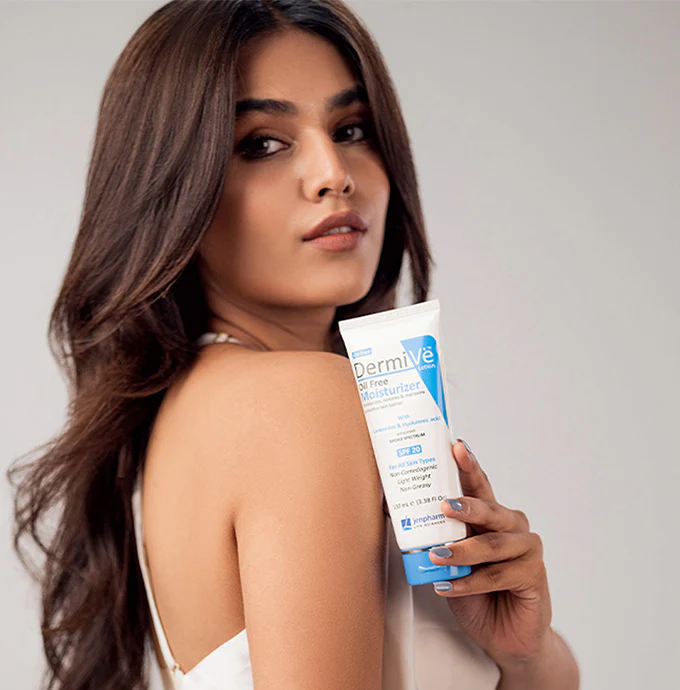
Use a light daily moisturizer, especially with prescription creams, advises Brantley. Avoid heavy ointments or grease as they can clog pores. The AAD recommends an oil-free, noncomedogenic moisturizer. Apply it right after your acne medication.
Don’t Ever Sleep With Your Makeup On
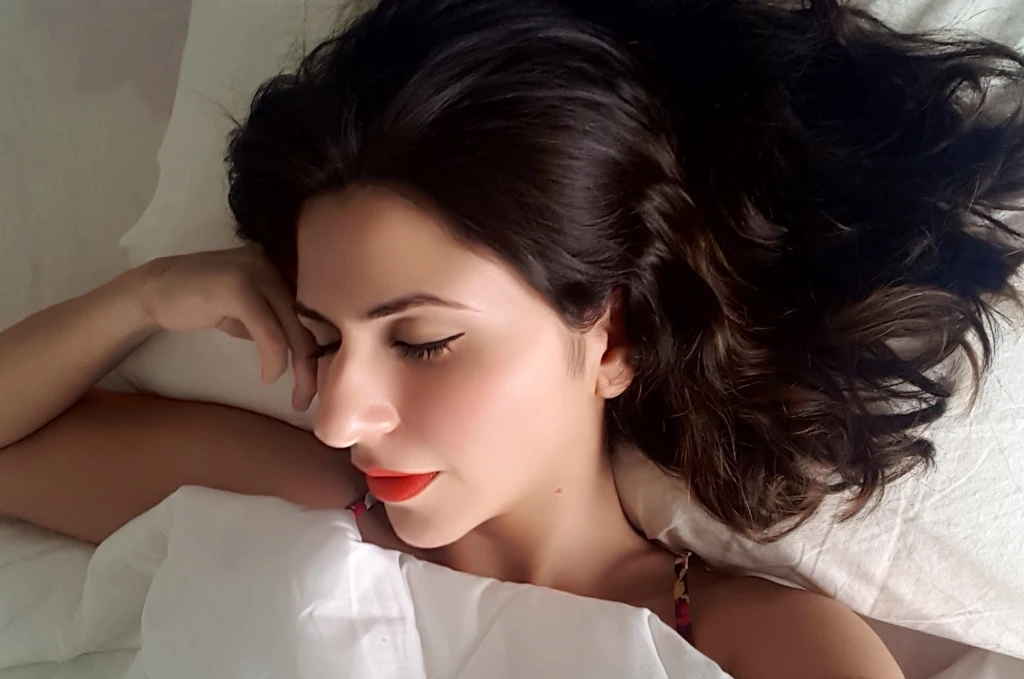
Always remove your makeup at night with a gentle cleanser. Sleeping with makeup can clog pores and lead to acne, warns Dr. Harth. Use only the makeup you need during the day and apply it after your acne medication, advises the NHS.
Choose makeup labeled “noncomedogenic” and “oil-free,” says Dr. Brantley. Most makeup brands today are acne-friendly. Options include flesh-tinted lotions and powder over an oil-free foundation to hide pimples.
Do Choose Nonoily Hair Products, Which May Touch Your Face
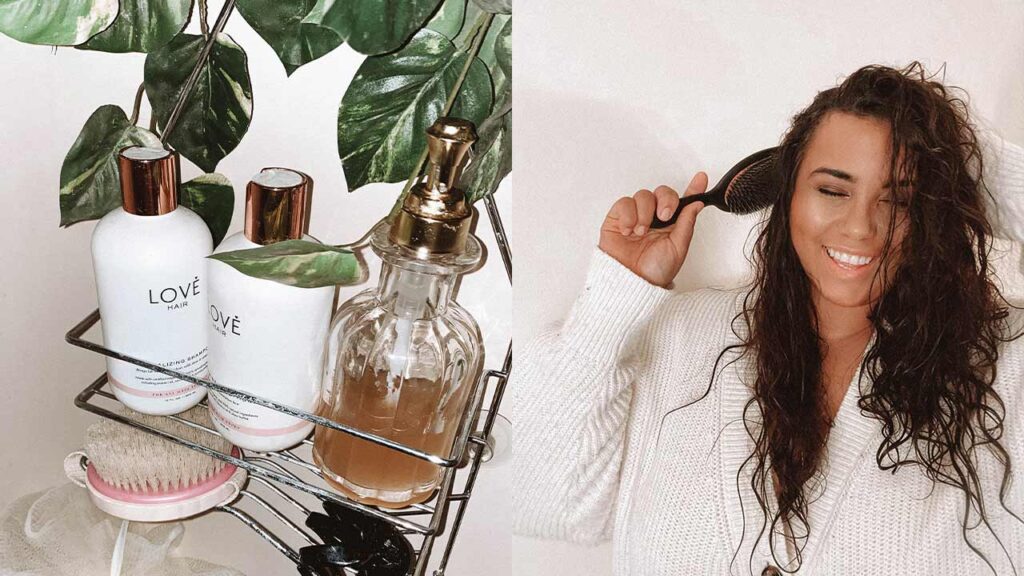
Be cautious with hair products, warns Brantley. They can clog pores and worsen acne if they touch your face. TeensHealth suggests avoiding oily hair-care products. Keep hair away from your face, wash it daily, and if you’re shaving, be careful to avoid nicking pimples.
Don’t Pop or Pick at Your Pimples — Doing So Will Do More Harm Than Good
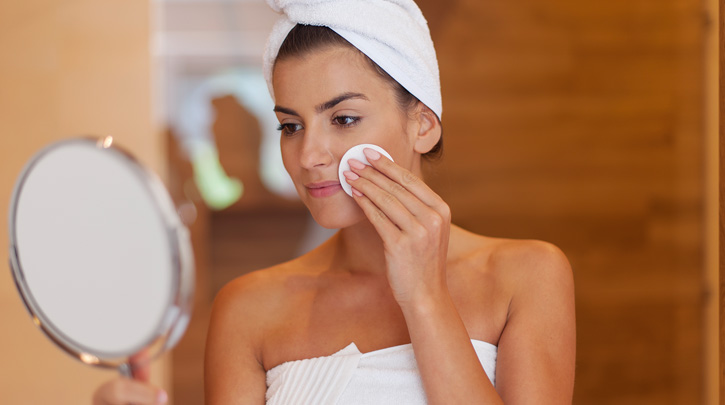
No matter how careful you are, breakouts can still happen. The key is to avoid popping pimples or picking at your acne, warns Brantley. Picking can increase the risk of scarring and slow down healing. Even though you might want to hide your pimples, keep your hands off your face. Touching it can spread oils and clog your pores.
Don’t Spend Too Much Time in the Sun Without Sunscreen

Too much sun can make acne worse, according to the Mayo Clinic. It damages your skin and can lead to breakouts, especially if you’re on acne medication. Always protect your skin with SPF 30 or higher sunscreen, preferably a physical one to avoid irritation. Skip tanning beds too.
Final Words
Most preteens and teens will get acne,” says Brantley. While hormones and genes play a role, good skincare habits can help clear and prevent acne, avoiding emotional and physical scars.
If needed, consult your doctor for the right acne medication. Talk to your dermatologist or primary care physician about possible therapies and understand potential side effects before starting any treatment.
Frequently Asked Questions
Q1: Can I wash my face more than twice a day to prevent teen acne?
No, washing your face once in the morning and once at night is sufficient. Overwashing can actually make acne worse.
Q2: Is it okay to use heavy moisturizers on acne-prone skin?
No, opt for a mild, oil-free, and noncomedogenic moisturizer. Heavy ointments or greasy products can clog pores and aggravate acne.
Q3: Should I pop pimples to make them heal faster?
No, avoid popping pimples or picking at acne. It increases the risk of scarring and slows down the healing process.
Q4: Can I use over-the-counter acne treatments along with prescription medications?
Check with your doctor before combining treatments. Using over-the-counter products without consulting your doctor may upset the balance of your skincare routine.
Q5: Does sun exposure help improve acne?
No, too much sun can worsen acne. Use a broad-spectrum sunscreen with SPF 30 or higher, especially if you’re on acne medication, as some drugs can increase sensitivity to UV rays.
Q6: Are tanning beds a safe way to treat acne or get a tan?
No, avoid tanning beds. They can worsen acne and increase the risk of skin damage.
Q7: Can I use any makeup if I have acne-prone skin?
Choose makeup labeled “noncomedogenic” and “oil-free.” Most makeup brands today are acne-friendly. Apply makeup after your acne medication.
Q8: Should I be concerned about my diet affecting acne?
While some studies suggest a link between certain foods and acne, it varies for individuals. Maintaining a balanced diet and staying hydrated is generally good for your skin.
Q9: Can stress cause acne?
Yes, stress can contribute to acne. Practicing stress-reduction techniques, such as mindfulness or exercise, may help manage acne.
Q10: Is it necessary to consult a doctor for teen acne treatment?
If your acne is persistent or severe, it’s advisable to consult a doctor or dermatologist. They can recommend appropriate treatments and help prevent potential scarring.


2 Comments
Pingback: How to Achieve Black skin care with These Top 5 Tips - glowravishing
Pingback: Everything You Need To Know About Cucumber Ribbon Salad - glowravishing